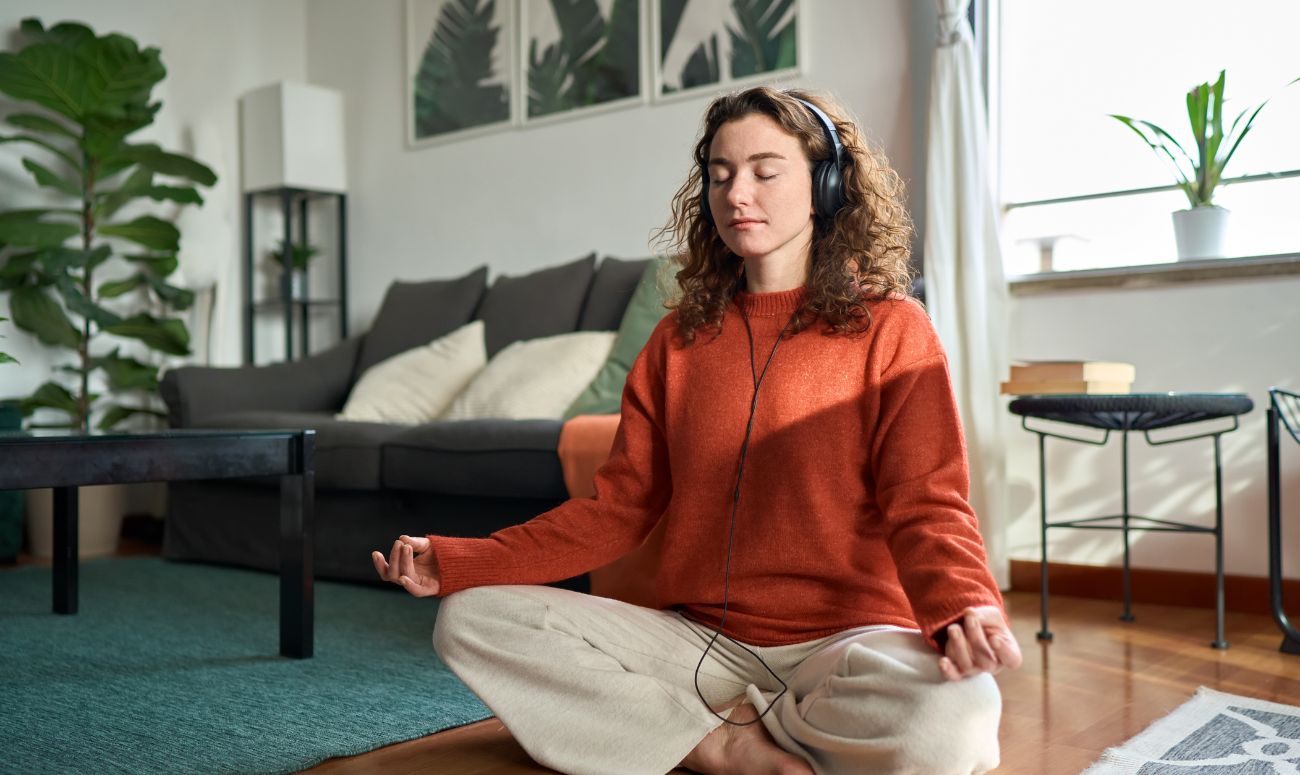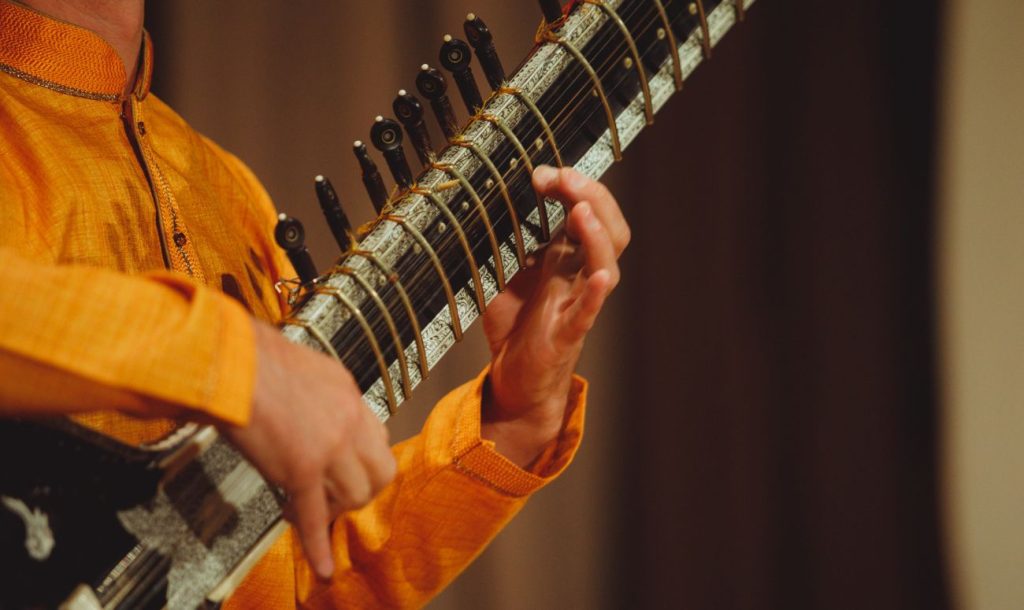Music plays a vital role in every human being’s life. It’s undeniable that music affects human emotions whether it’s sadness, happiness, anger, stress, or depression. Ancient Indian classical music originated 2000 years ago. The permutations and combinations of the seven basic notes of music create melodious structures with musical motifs called “Ragaas”. Different Ragaas are sung or played at particular times of the day during the entire 24 hours for their immense positive impact on mind and body.
Music & Emotions
Attempts have been made from long ago to relate the basic notes in Indian music to the eight basic emotions in Hindu dharma. These notes are Sadaja, Rishaba, Gandhara, Madhyama, Panchama, Dhaibata, and Nishada. While the moods are Sringar (Love), Hasya (Laughter), Karuna (Compassion), Vira (Heroism), Raundra (Wrath), Bhayanaka (Fear), Bibhatsa (Disgust), and Adbhuta (Wonder). Different notes are used to evoke different emotions. The reaction to the music one listens to, which is known as Rasa, is the mental and emotional reflection of what is heard as music. This reaction is based on the primary effect of the notes and their arrangement as well as a secondary effect of the thoughts and moods evoked by the primary reaction.

Music Therapy: Benefits Of Indian Ragaas
Indian music therapy is highly subjective and is geared to meet individual needs while focusing on the spiritual element. The spiritual basis of Indian music therapy is seen in the way it encourages the expression of devotion to the spirit. Indian music therapy confers the following benefits:
- Positive effects on mood
- Better concentration and attention
- Assists with coping and relaxation
- Helps understand the person’s inner self, image, and personality
- Gives a better awareness of self and environment and thus produces a positive impact on social interactions
- Reduces anxiety
- Reduces physical effects of stress
- Improves the healing process of an individual
- Most effective with hypertension
- Helps reduce the effect of Alzheimer’s disease
- Helpful to reduce depression
- Immensely helps in improving insomnia
The slow melody of Indian Ragaas acts as an auditory stimulus to the brain. The brain has an overall calming response which in turn slows down the accelerated heart rate and lowers blood pressure. Listening to soft Indian classical music played on stringed instruments improves blood circulation and thus a steady blood pressure is maintained, improving your mind and body.
Read More: TRM News: Know What’s New In The World Of Mindfulness This Week
Like & Follow ThinkRight.me on Facebook, Instagram, Twitter, Pinterest and Telegram to stay connected.






























